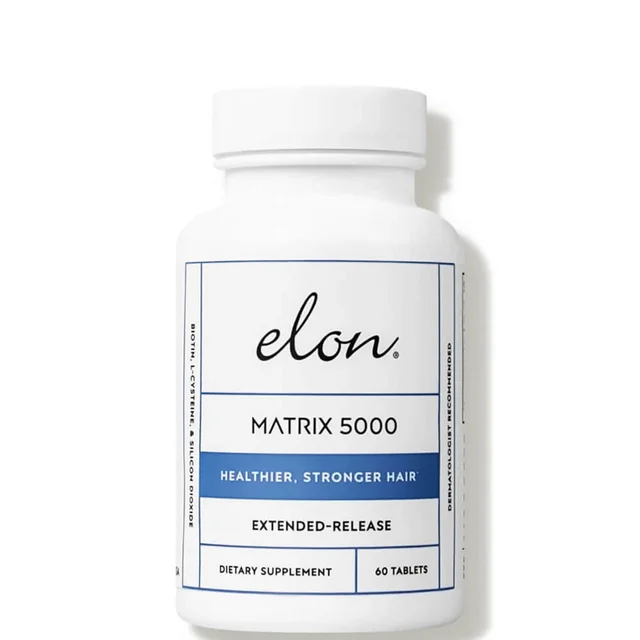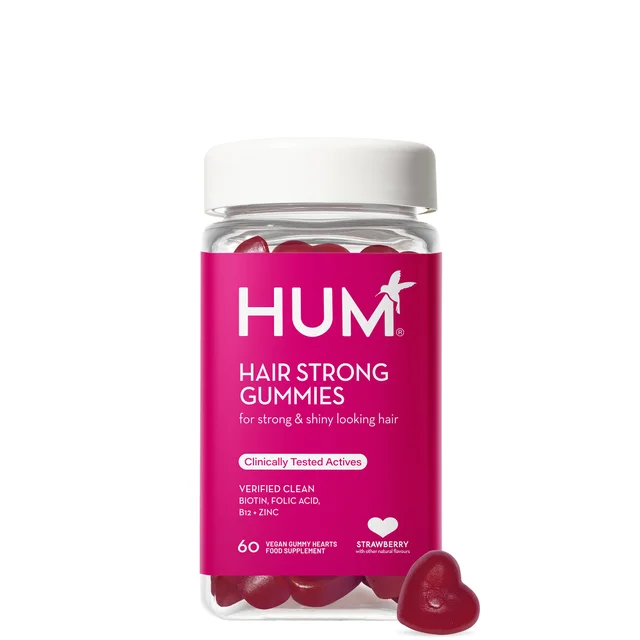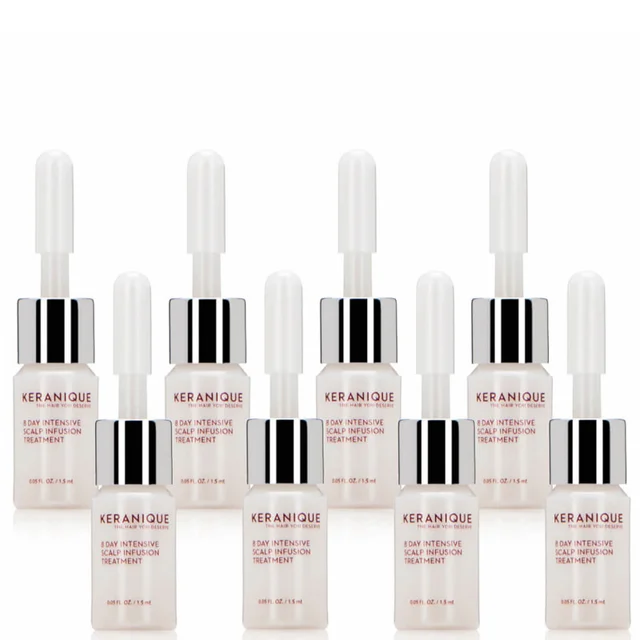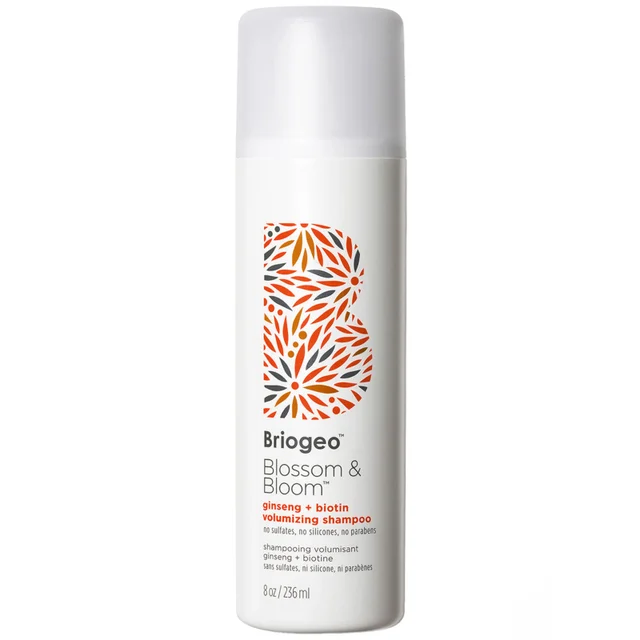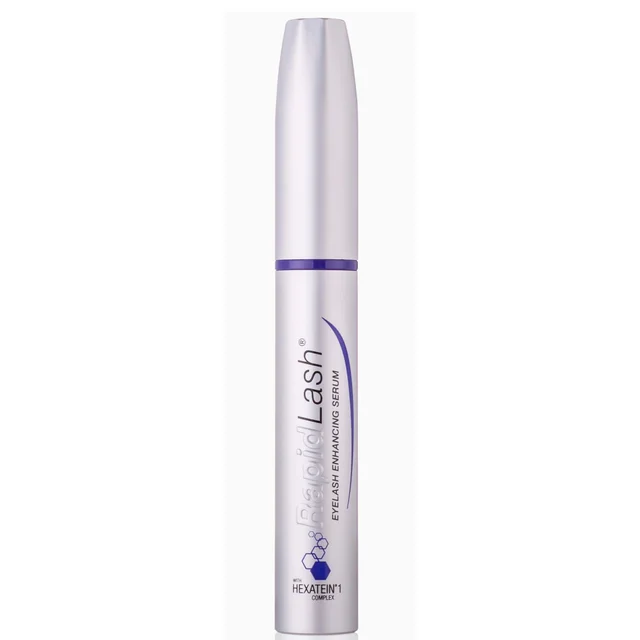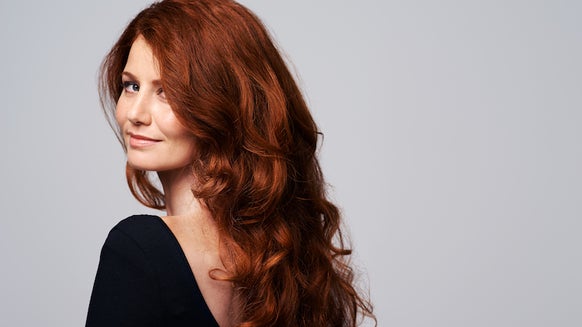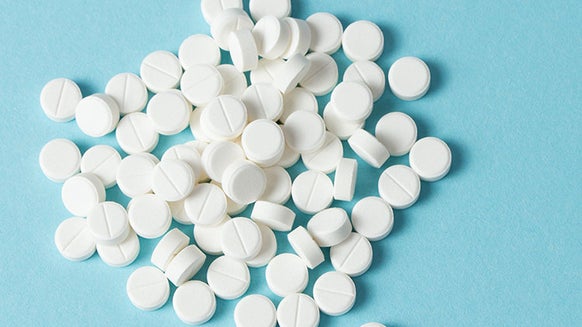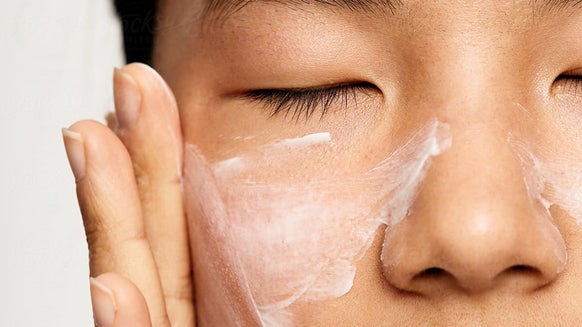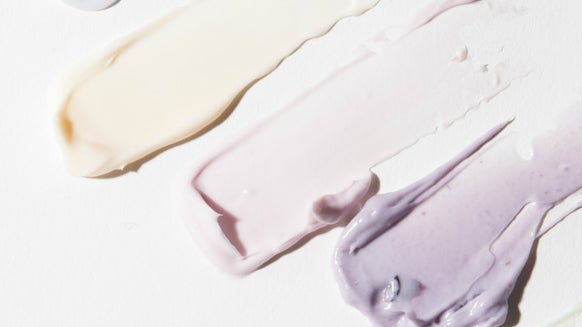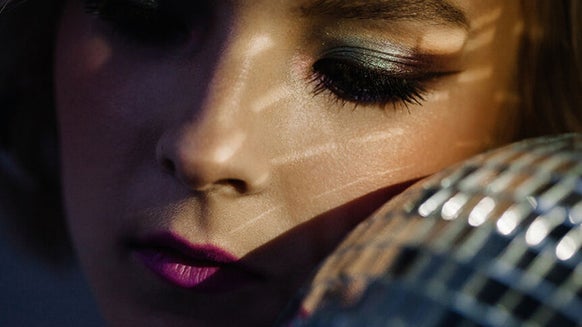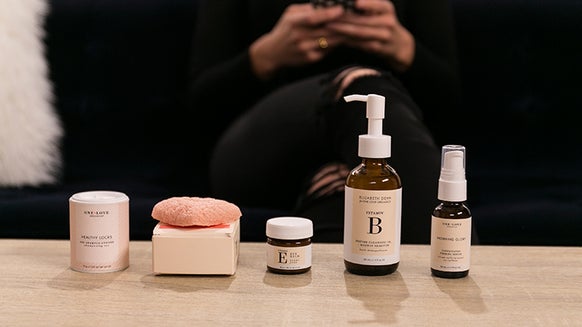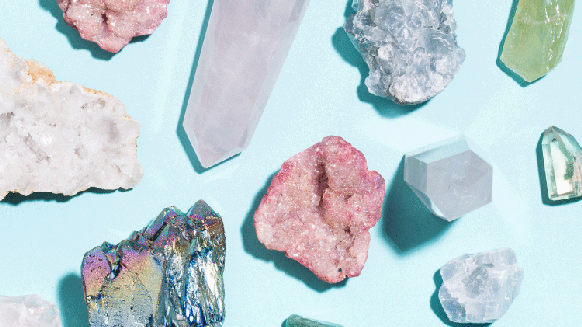The Beauty Benefits of Biotin, According to Science
Blame it on fairy tales, but having mermaid-length locks has been a dream of most of ours ever since we were little girls. Yet, for some of us, this goal is not so easily attainable. Hair cycle rates differ from person-to-person thanks to varying factors such as genetics, hormones, stress levels and hair care practices. And as we age, losing luster in our hair, skin and nails can often have us seeking beauty supplements to improve our outer appearance.
One of the most commonly used beauty vitamins around is biotin. Browse any major retailer or quiz your friends about what they take to get longer locks and biotin is sure to be mentioned. Here we uncover the basics of biotin and how this popular vitamin benefits your hair, skin and nails.
What Is Biotin and Where Is It From?
Biotin, also known as vitamin B7, is a water-soluble, B-complex vitamin that contributes to healthy metabolic, nerve, digestive and cardiovascular functions. It is essential for metabolizing fats and carbohydrates and works synergistically with pantothenic acid (vitamin B5) to strengthen hair, increase nail thickness and prevent split ends and thinning hair.
Some of the most biotin-rich foods include liver, Brewer’s yeast, egg yolk, whole wheat bread, avocado, salmon, cheese, bananas and nuts. Most healthy individuals receive sufficient amounts of biotin through their diets. Pregnant and lactating women, though, may need an increase in biotin due to their bodies breaking it down at a much faster rate.
How Biotin Benefits Your Hair, Skin and Nails
Hair
B vitamins help create amino acids that produce a form of keratin (which our hair is mostly comprised of), so taking it in small doses or eating biotin-rich foods can certainly help maintain hair’s health and slightly improve its strength.
But the real question is: Can taking a biotin supplement make your hair grow? Well, sadly, according to this study, the results are pretty slim. However, another study has shown success when used over a three-month period in conjunction with zinc, silica, vitamin C and marine protein. This group reported less shedding, thicker, stronger hair and a faster growth rate.
Overall, it’s an essential nutrient that can correct a vitamin deficiency, but since deficiency is rare (largely due to our diet and our intestinal bacteria producing more than the recommended daily intake), eating a well-balanced diet may be the best option to get this nutrient.
Skin
Similar to how it affects your hair’s appearance, biotin produces fatty acids that nourish the skin to maintain a clear complexion. When the protective outer layer of skin is unbalanced, dry and dehydrated skin can manifest. It assists in the production of new cells and helps oil glands function properly, resulting in the healthy condition of skin. The jury is still out as to whether taking biotin supplements alone can directly improve the appearance of your skin.
Nails
For stronger nails, science actually agrees with this one. Clinical studies have shown that taking biotin can, in fact, strengthen weak, brittle nails. A Swiss study showed a 25-percent increase in nail plate thickness in those with brittle nails who took daily biotin pills. This is especially good news for those who are chronic nail biters or frequent nail salon-goers who may be experiencing thin, brittle nails as a result of wearing too many acrylic varieties.
So What Happens When You Don't Get Enough Biotin?
Biotin deficiency is extremely rare and is often the result of an inadequate dietary intake, alcoholism, smoking or a genetic disorder, such as Crohn’s disease, that affects biotin metabolism. Long-term antibiotic usage has also been associated with biotin deficiency, possibly due to the change it causes in the gut flora. Symptoms of a biotin deficiency include skin rashes, brittle and thinning hair and nails, seborrheic dermatitis and alopecia (hair loss).
Thankfully, most deficiencies can be remedied with nutritional supplementation, but the best way to determine if an actual deficiency is present is to get tested by a doctor.
Can You Take Too Much Biotin? What Are the Side Effects?
Currently, there is no established Recommended Dietary Allowance (RDA) for this vitamin. An Adequate Intake (AI) has been established for people aged 18 and under at 25 micrograms per day, whereas adults are 30 micrograms per day.
Since there is no general consensus on the amount of biotin to take for your hair and nail health, besides the suggested dosage, some people may be taking too much of it. This causes an excess amount of the vitamin in the body, and a decrease of pantothenic acid (B5) in the intestines, which could lead to skin care concerns like cystic acne. Other reported side effects include frequent urination, nausea, elevated blood sugar levels and cramping.
While biotin clearly benefits your body, especially hair, skin and nails, it's important to get this nutrient mainly from the food you eat. And as always, when taking any supplement, it's always best to consult your doctor first. If you think taking a supplement enriched with biotin is for you, consider our top picks below.

From the latest hair and makeup trends to the best solutions for your skin issues, we've got all your beauty concerns covered!
